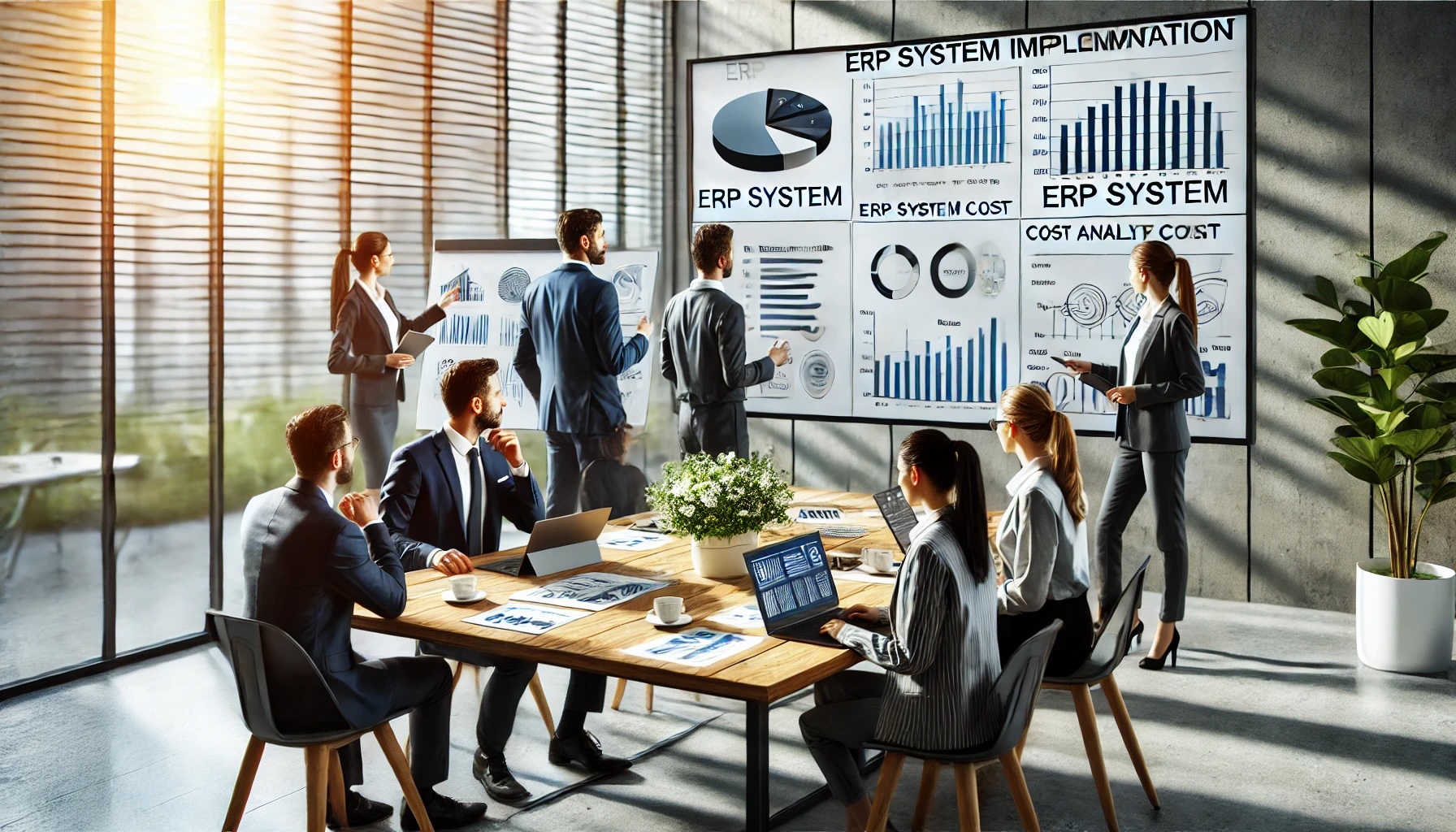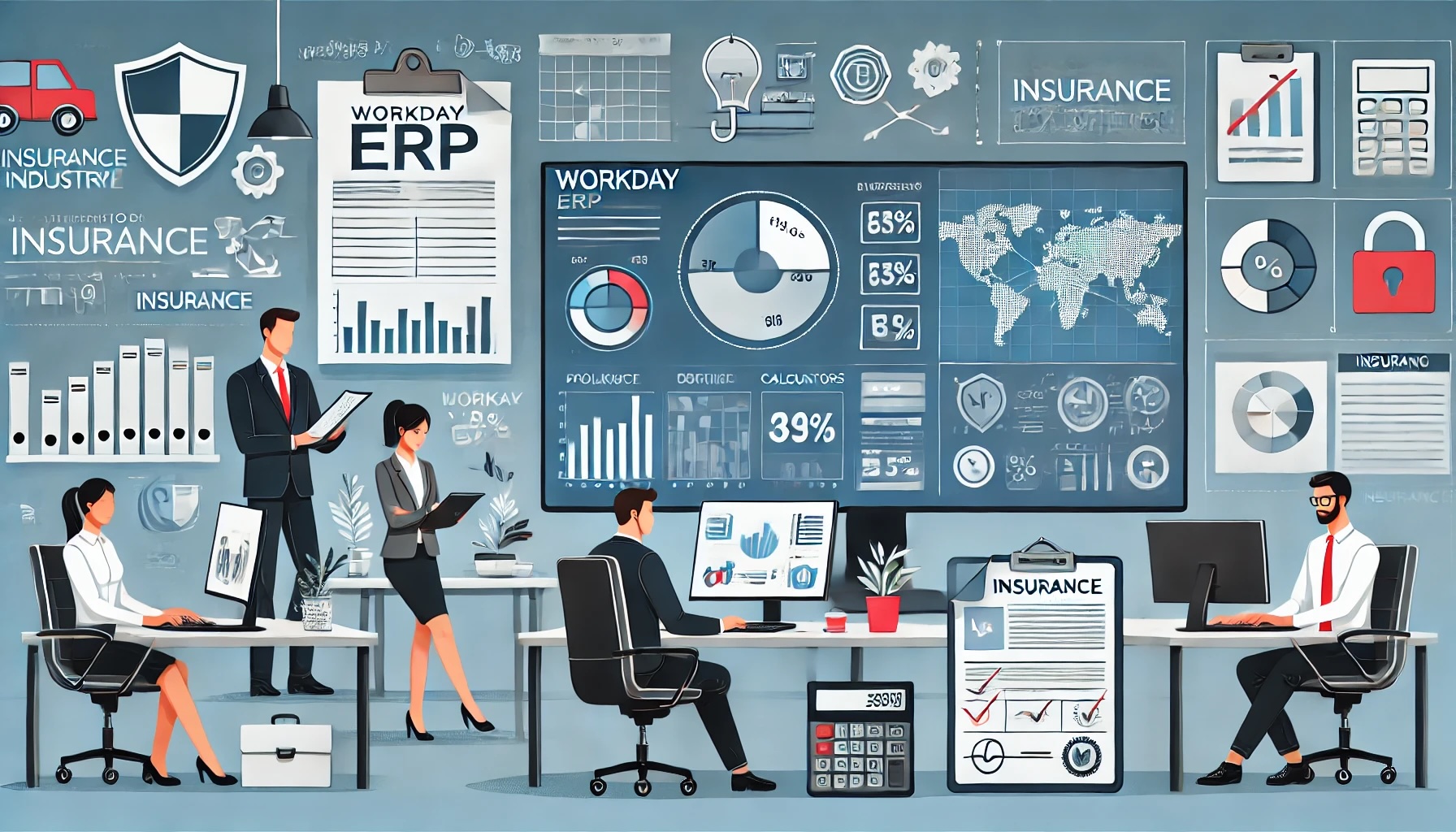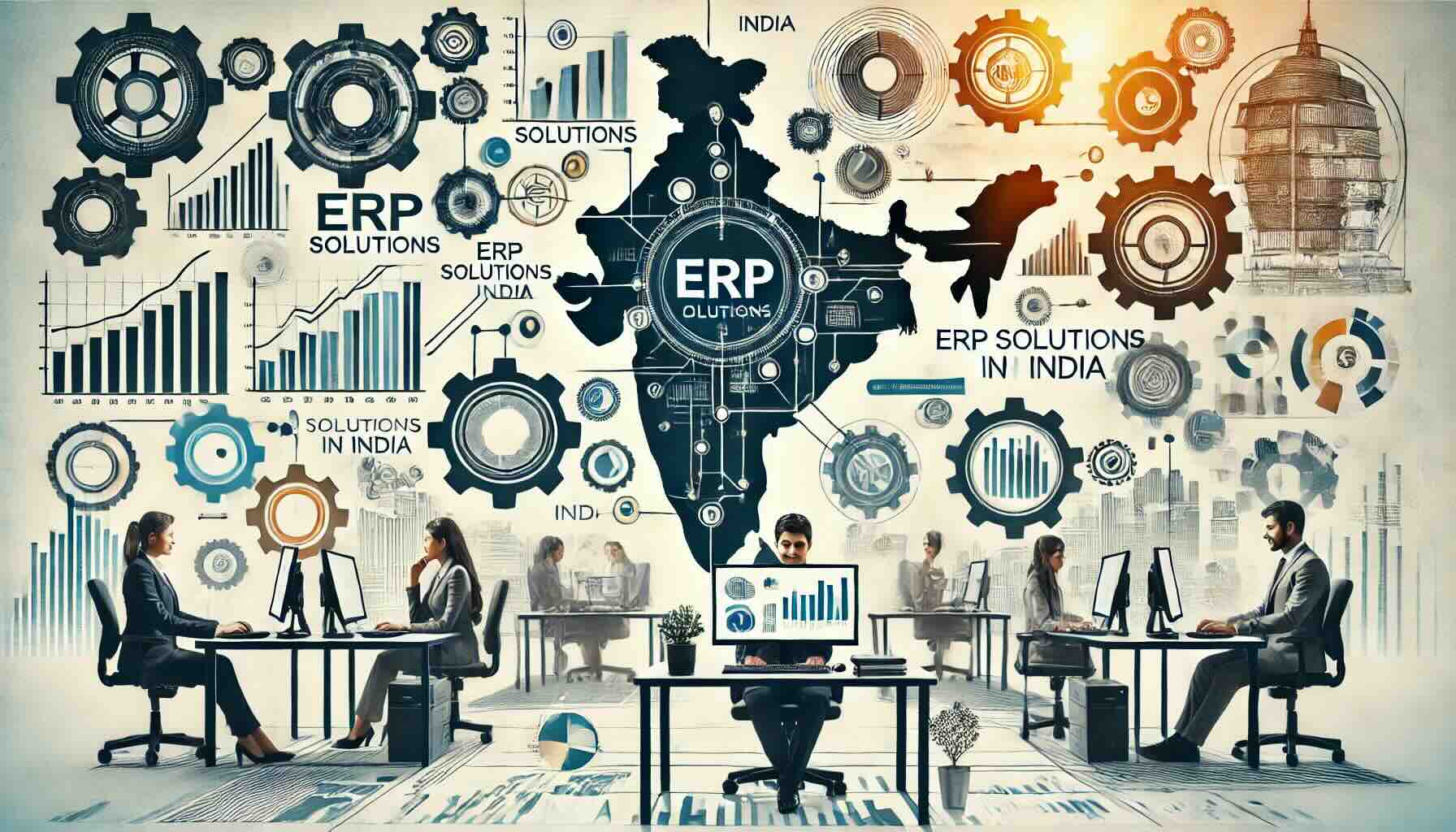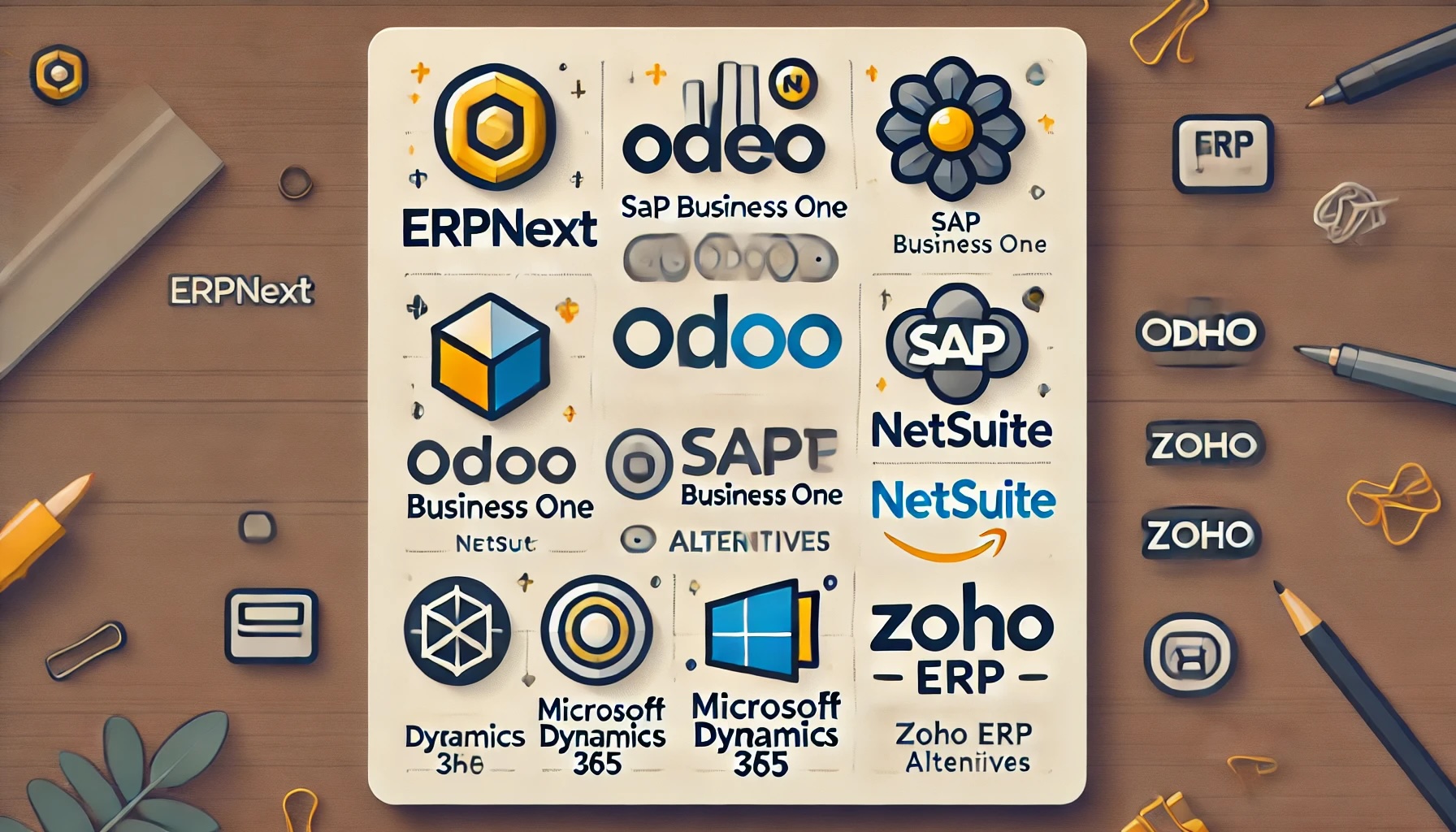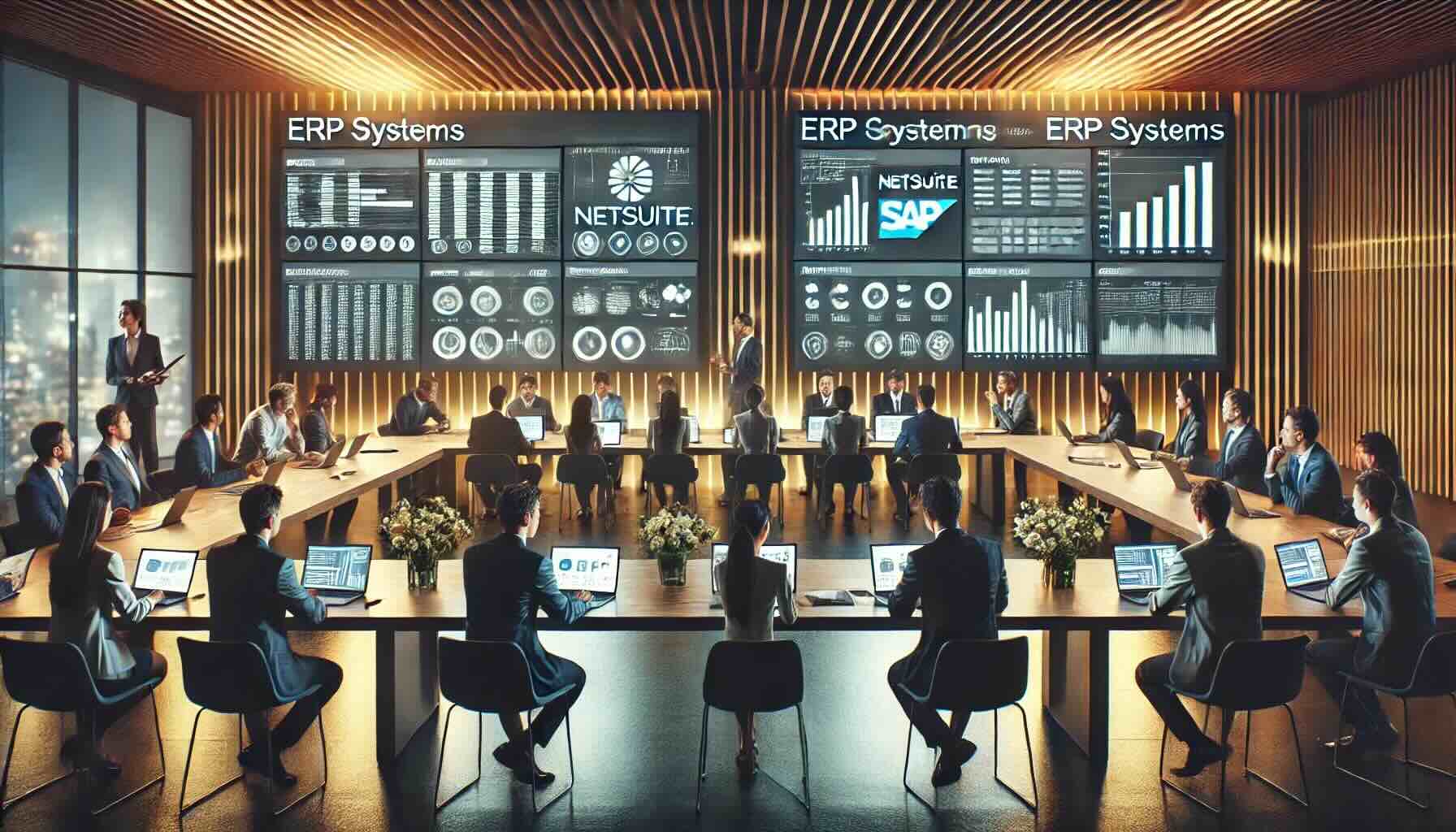Compare ERP for Travel, Leisure, and Hospitality

In the highly competitive travel, leisure, and hospitality industry, companies face unique challenges such as managing reservations, handling customer relationships, optimizing inventory, and ensuring regulatory compliance. Efficient management of these aspects requires robust Enterprise Resource Planning (ERP) solutions tailored to the specific needs of this dynamic sector. This blog aims to compare ERP for travel, leisure, and hospitality, highlighting the strengths and weaknesses of leading ERP vendors such as Acumatica, Infor, Oracle Cloud ERP, SAP S/4HANA, and Workday.
Acumatica
Acumatica is known for its user-friendly interface and cloud-based architecture, making it an attractive choice for travel, leisure, and hospitality companies. Its flexible deployment options allow businesses to scale their operations efficiently.
Strengths:
- Cloud-Based Flexibility: Acumatica’s cloud-based ERP solution offers unparalleled flexibility, allowing companies to access data and manage operations from anywhere, which is crucial for global travel and hospitality businesses.
- User-Friendly Interface: The platform is intuitive and easy to use, reducing the learning curve for employees.
- Comprehensive Modules: Acumatica offers a wide range of modules including financial management, customer relationship management (CRM), and inventory management, ensuring that all aspects of a travel business are covered.
Weaknesses:
- Customization Complexity: While Acumatica is highly customizable, the complexity involved can sometimes require specialized IT support.
- Integration Challenges: Some users report difficulties integrating Acumatica with other third-party applications, which can be a hurdle for businesses relying on a diverse software ecosystem.
Click this link to find out more about Acumatica for travel, leisure and hospitality.
Infor
Infor provides a robust ERP solution tailored for the travel, leisure, and hospitality industry, focusing on streamlining operations and enhancing customer experiences.
Strengths:
- Industry-Specific Solutions: Infor offers specialized solutions designed for the hospitality sector, including property management systems (PMS) and revenue management systems (RMS).
- AI and Analytics: Infor leverages advanced AI and analytics to provide actionable insights, helping businesses optimize operations and improve decision-making.
- Scalability: The platform is highly scalable, making it suitable for both small boutique hotels and large multinational hospitality chains.
Weaknesses:
- Cost: Infor can be relatively expensive, which might be a concern for smaller businesses with limited budgets.
- Implementation Time: The implementation process for Infor can be lengthy, requiring significant time and resources to fully deploy and customize the system.
Click this link to find out more about Infor for travel, leisure and hospitality.
Oracle Cloud ERP
Oracle Cloud stands out with its comprehensive suite of applications that integrate seamlessly, offering a holistic approach to managing travel, leisure, and hospitality businesses.
Strengths:
- Comprehensive Integration: Oracle Cloud’s suite includes everything from human capital management (HCM) to customer experience (CX) solutions, ensuring all business needs are met in one platform.
- Advanced Security: Oracle provides top-tier security features, protecting sensitive data against cyber threats, which is critical in the travel and hospitality industry.
- Global Reach: The platform supports multiple languages and currencies, making it ideal for global operations.
Weaknesses:
- Complexity: The extensive features and capabilities of Oracle Cloud can be overwhelming for users, necessitating extensive training.
- High Cost: Oracle Cloud is one of the more expensive ERP solutions on the market, potentially limiting its accessibility for smaller companies.
Click this link to find out more about Oracle Cloud ERP for travel, leisure and hospitality.
SAP S/4HANA
SAP S/4HANA offers a powerful ERP solution with real-time analytics and streamlined processes tailored for the travel, leisure, and hospitality industry.
Strengths:
- Real-Time Data Processing: SAP S/4HANA’s in-memory computing capabilities allow for real-time data processing and analytics, providing up-to-date insights and enhancing decision-making.
- Comprehensive Functionality: The platform covers a wide range of functionalities, from financial accounting to supply chain management, ensuring all operational needs are addressed.
- Scalability and Flexibility: SAP S/4HANA is highly scalable, suitable for businesses of all sizes, and offers flexible deployment options including on-premise, cloud, and hybrid models.
Weaknesses:
- Cost: Similar to Oracle Cloud, SAP S/4HANA is a premium product with a high price point, which may be prohibitive for smaller businesses.
- Complex Implementation: The implementation process can be complex and time-consuming, often requiring significant IT resources and expertise.
Click this link to find out more about SAP S/4HANA for travel, leisure and hospitality.
Workday
Workday offers an innovative ERP solution known for its user-centric design and strong capabilities in financial and human capital management, making it a good fit for the travel, leisure, and hospitality industry.
Strengths:
- User-Centric Design: Workday’s interface is designed with the end-user in mind, ensuring ease of use and a positive user experience.
- Integrated HCM and Financials: The platform excels in integrating human capital management and financial management, crucial for managing a diverse and global workforce in the hospitality sector.
- Continuous Innovation: Workday regularly updates its platform, incorporating the latest technologies and best practices to stay ahead of industry trends.
Weaknesses:
- Limited Industry-Specific Features: Compared to other vendors like Infor and Oracle, Workday may lack some of the specialized features tailored specifically for the travel and hospitality industry.
- Integration Limitations: While strong in core areas, Workday can sometimes struggle with integrating non-Workday applications, which can be a challenge for businesses with diverse software needs.
Click this link to find out more about Workday for travel, leisure and hospitality.
Conclusion
Choosing the right ERP solution for travel, leisure, and hospitality businesses involves considering various factors such as scalability, cost, implementation time, and industry-specific features. Acumatica offers cloud-based flexibility and user-friendliness, while Infor provides industry-specific solutions with advanced analytics. Oracle Cloud and SAP S/4HANA stand out for their comprehensive integration and real-time data processing, respectively. Workday, with its user-centric design and integrated HCM and financials, also presents a strong option. By carefully evaluating these options, companies can find an ERP solution that best fits their unique needs and helps them stay competitive in the ever-evolving travel and hospitality landscape.
To compare these ERP solutions and many more, you can use our new AI-powered Compare ERP tool. It’s free to use and you get a guaranteed discount on your first year’s licence fees with a referral from Compare ERP.

